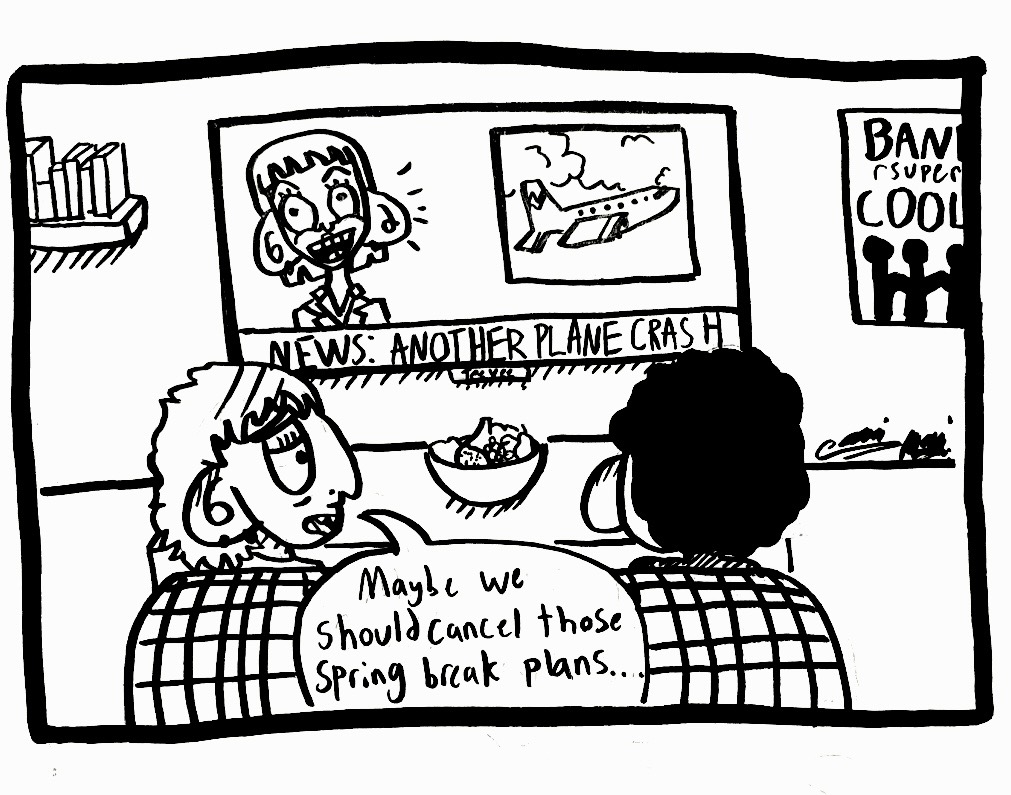GW promised to create a healthy and safe environment for the GW community in their COVID-19 Campus Health and Wellbeing Policy, but the 25 percent of students who live off campus are not provided the same support as on-campus students.
The University requires students who test positive for the coronavirus to quarantine until the Colonial Health Center clears them from isolation. On-campus students are expected to follow these guidelines, but if a student does not live on campus, then GW offers no assistance for them to isolate away from their roommates.
Instead, GW should offer every student, including those who live off-campus, a place to quarantine to keep the community safe and support students during the stress of a positive result. Otherwise, off-campus students may have no choice but to isolate themselves in their apartment and potentially risk infecting others they live with.
Because all students, including those who live in non-GW housing, are attending in-person classes and are exposing themselves to the same risks as every other student, the University should provide contigency plans for all students to minimize the risk of the virus spreading throughout campus.
The University has diverged from Georgetown and American universities in returning to in-person classes before the end of January. GW made this decision while D.C. was experiencing a surge of COVID-19 cases among the largest in the country, even though the amount of COVID-19 cases in the District is now trending downward. Mayor Muriel Bowser has even responded to the circumstances by declaring a public health emergency on Jan. 11th.
When a student tests positive for COVID-19, they’re offered a different level of resources and assistance based on their living circumstances. On-campus students are assigned a member of the Division for Student Affairs team to help them receive meals and medications. If they have a roommate, the student who tested positive is provided with another room on campus where they can isolate and the Student Support Team delivers food and other necessities to their quarantine location. Off-campus students who test positive for COVID-19 are expected to figure out how to isolate wherever they live and do not have access to subsidized food deliveries like on-campus students do.
The consequences of contracting COVID-19 in class will be harsher for those who live off campus, because off-campus students might not have access to a room away from their roommates or might not have access to affordable food delivery services. Those who live among other students off campus must manage the expense of a hotel or force their roommate to leave their shared apartment.
Though the CDC does not require people to quarantine if they’re exposed to COVID-19 so long as they’re vaccinated, the University offers on-campus students with roommates or suitemates with no access to a private bedroom and bathroom a place to quarantine until they are cleared by the Colonial Health Center. Thus, the University has a clear standard to limit the spread of COVID-19, and it would be beneficial to the entire community if a similar standard and offering applied and was given to off-campus students as well.
Students who do not pay for on-campus housing and the dining plan associated with it are still use campus spaces, eat at GW dining vendors and share living spaces with other students. The University could require off-campus students to pay a small, additional fee for these services. This way, students would have a guaranteed way of securing meals and not face food insecurity. Additionally, they would not have to pay for delivery service fees that might cost more than the University’s subsidized charges and cannot be paid out of the allotted GWorld allowance like on-campus students.
The pandemic has damaged GW’s budget, but it has also caused distress for students. A significant portion of students live in non-GW housing and they’re still part of the community. This offer would prove the University is actually considering the whole student body.
Jane Cameron, a junior majoring in journalism and mass communication, is an opinions writer.



